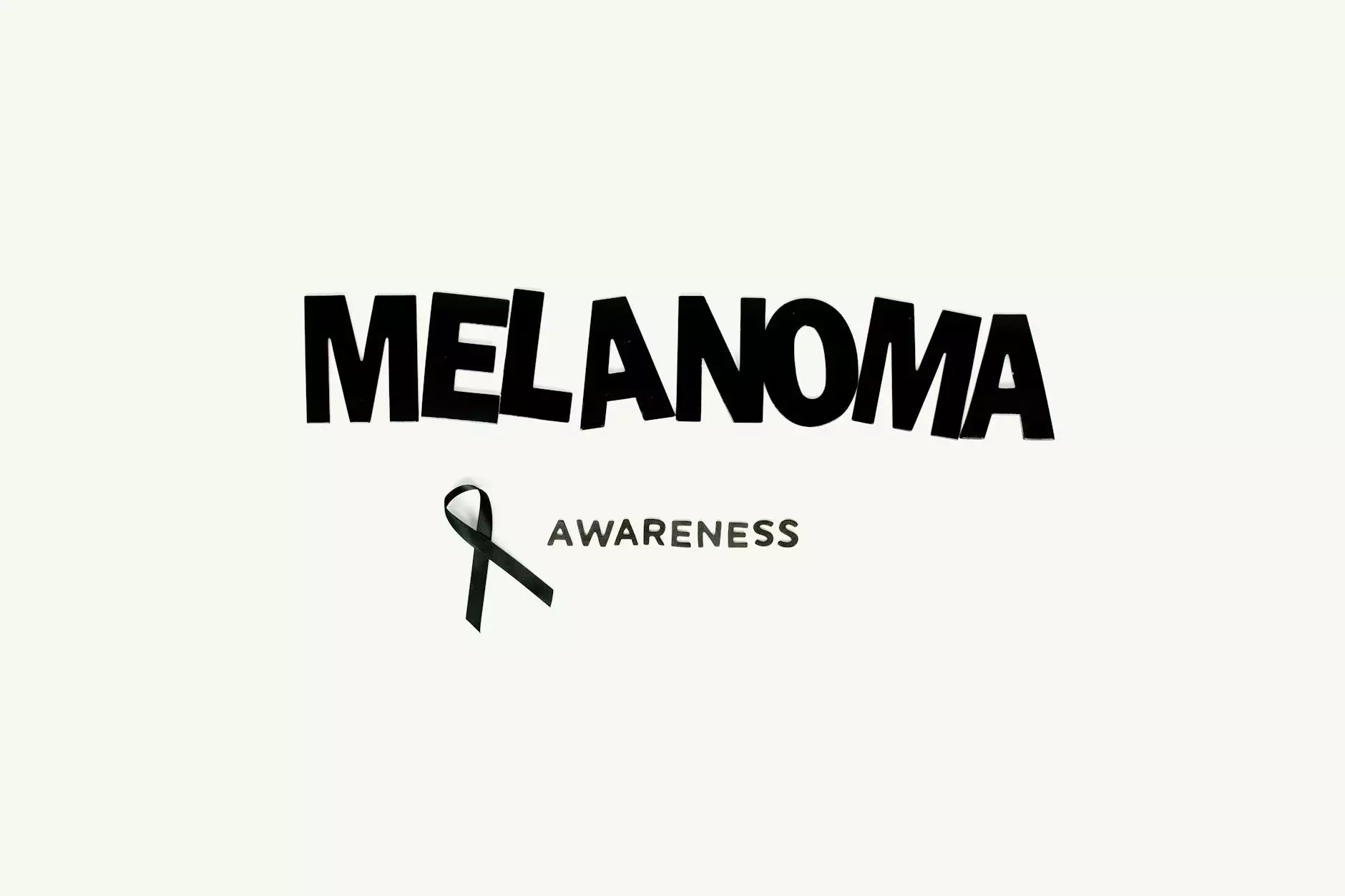Lung Cancer Awareness Month Archives
Health
Welcome to the Lung Cancer Awareness Month Archives at Kelley Tim PA-C, your trusted source of information about lung cancer prevention, diagnosis, and treatment. As a renowned healthcare professional in the field of lung cancer, Kelley Tim PA-C is dedicated to raising awareness and providing comprehensive support to patients and their families.
Understanding Lung Cancer
Lung cancer is a serious health condition that affects millions of people worldwide. It is the leading cause of cancer-related deaths globally, making it crucial to educate ourselves about its causes, symptoms, and available treatment options.
Risk Factors for Lung Cancer
There are several risk factors associated with the development of lung cancer. Smoking is the most significant risk factor, accounting for approximately 85% of all lung cancer cases. Secondhand smoke, exposure to radon gas, asbestos, and certain genetic mutations also increase the risk of developing lung cancer.
Recognizing the Signs and Symptoms
Early detection plays a pivotal role in effectively managing lung cancer. It is important to be aware of the common signs and symptoms, such as persistent cough, shortness of breath, chest pain, unexplained weight loss, and coughing up blood. If you experience any of these symptoms, consult with a healthcare professional immediately.
Prevention Strategies
While it is not always possible to prevent lung cancer, adopting certain lifestyle changes and minimizing exposure to risk factors can significantly reduce the likelihood of developing the disease.
Quitting Smoking
If you are a smoker, quitting smoking is the single most effective way to reduce your risk of lung cancer. Seek professional support, utilize smoking cessation programs, and make use of nicotine replacement therapies, if needed.
Avoiding Secondhand Smoke and Environmental Toxins
Avoiding places where smoking is permitted and minimizing your exposure to secondhand smoke can have a positive impact on your overall health, including reducing the risk of lung cancer. Additionally, limiting exposure to environmental toxins, such as asbestos and radon gas, can help protect your lung health.
Maintaining a Healthy Lifestyle
Leading a healthy lifestyle can contribute to better overall well-being and potentially lower the risk of developing lung cancer. Eating a balanced diet rich in fruits and vegetables, engaging in regular physical activity, and maintaining a healthy weight are all important factors to consider for reducing cancer risk.
Treatment Options for Lung Cancer
Thanks to ongoing advancements in medical research and technology, there are various treatment options available for lung cancer. The choice of treatment depends on several factors, including the stage of the cancer, the overall health of the patient, and the presence of specific genetic mutations.
Surgical Interventions
Surgery is often recommended for early-stage lung cancer when the tumor is localized and has not spread to nearby lymph nodes or distant organs. It involves removing the tumor and potentially some surrounding tissue. Different surgical techniques, such as lobectomy, pneumonectomy, and wedge resection, may be performed depending on the extent of the disease.
Chemotherapy
Chemotherapy is a systemic treatment that utilizes powerful medications to destroy cancer cells. It may be used as the primary treatment for advanced-stage lung cancer or in conjunction with surgery or radiation therapy to target any remaining cancer cells. The specific drugs used and the duration of treatment may vary depending on the individual case.
Radiation Therapy
Radiation therapy involves using high-energy beams to kill cancer cells and shrink tumors. It can be delivered externally through a machine or internally via implants near the tumor site. Radiation therapy may be recommended as a primary treatment or in combination with other treatments, such as surgery or chemotherapy.
Targeted Therapies
Targeted therapies are designed to specifically target cancer cells based on their genetic mutations. By identifying and targeting specific cancer-related genes, targeted therapies can effectively inhibit the growth and spread of cancer cells while sparing healthy cells. This approach offers more precise treatment options with potentially fewer side effects.
Immunotherapy
Immunotherapy is a promising field that harnesses the power of the immune system to combat cancer. It works by enhancing the body's natural defense mechanisms to identify and destroy cancer cells. Immunotherapy has shown remarkable success in some types of lung cancer, leading to improved outcomes and prolonged survival rates.
Contact Us for Lung Cancer Support
If you have further questions about lung cancer, its prevention, or available treatment options, please reach out to the experts at Kelley Tim PA-C. We are here to provide you with the resources and support you need to navigate through this challenging journey.
At Kelley Tim PA-C, we prioritize your health and well-being, and our comprehensive approach to lung cancer care ensures that you receive the highest quality of treatment tailored to your unique needs. Remember, early detection, awareness, and a proactive approach are key in combating lung cancer.









